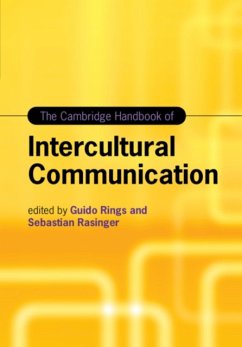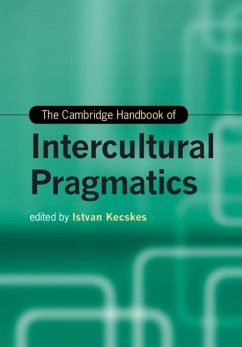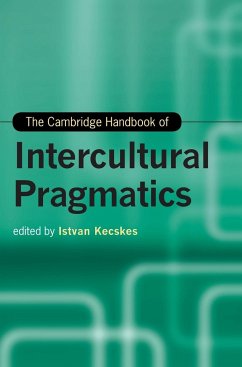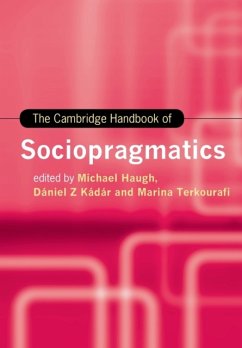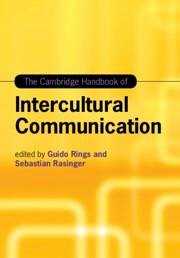
The Cambridge Handbook of Intercultural Communication
Versandkostenfrei!
Versandfertig in 2-4 Wochen
51,99 €
inkl. MwSt.

PAYBACK Punkte
26 °P sammeln!
With an interdisciplinary overview of a wide spectrum of current international research in intercultural communication, this Handbook will be a key reference book for students, lecturers and professionals. Theories are introduced systematically and explained clearly using a variety of examples, making them accessible to a wide range of readers.





